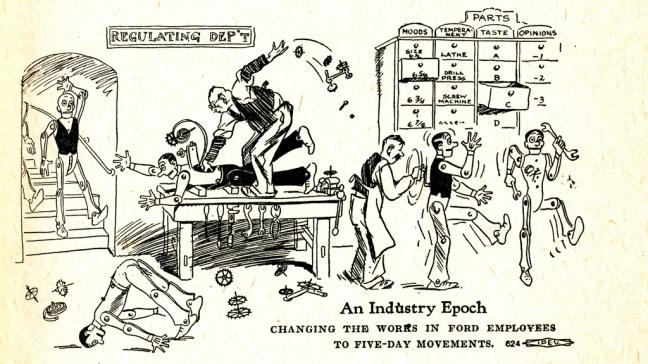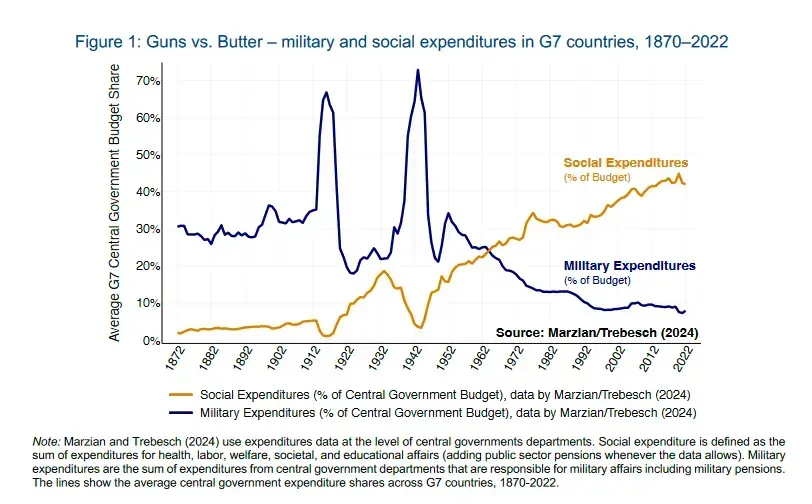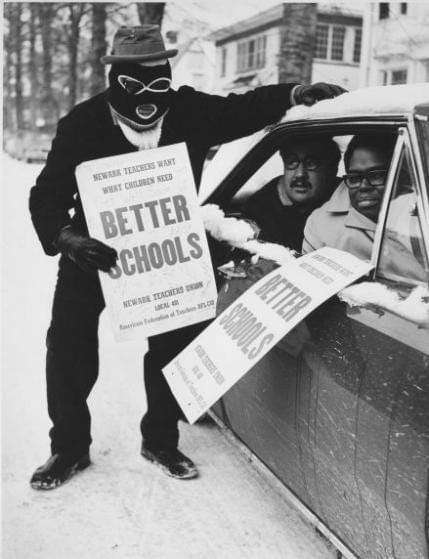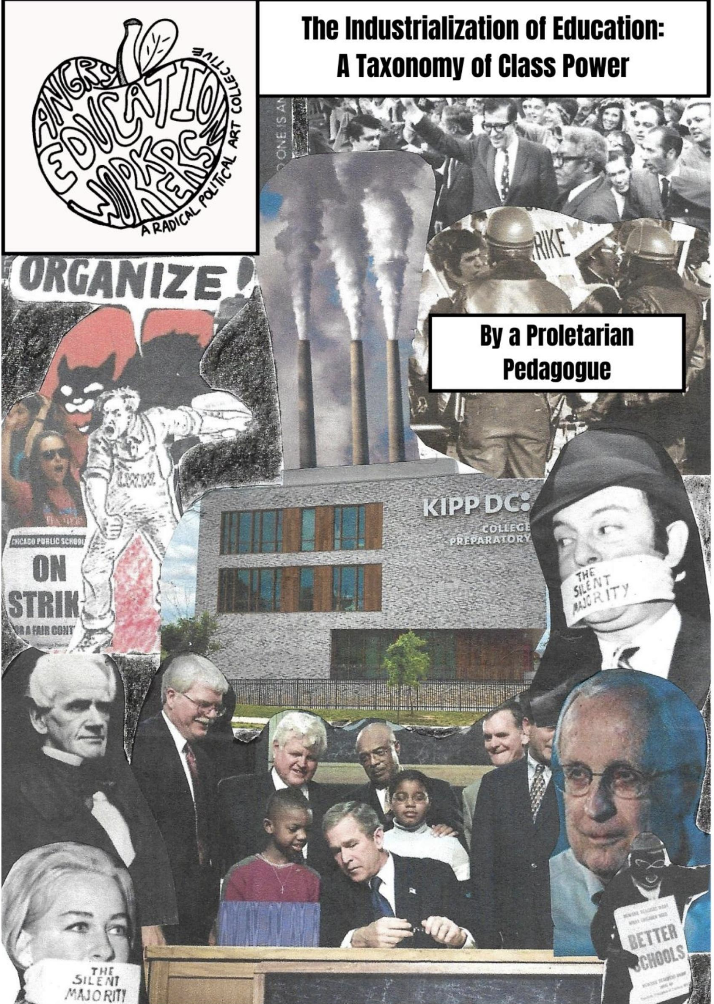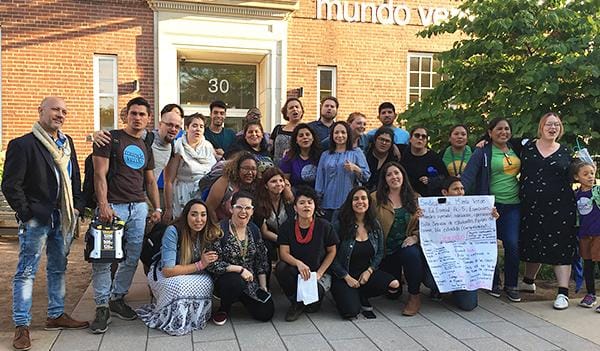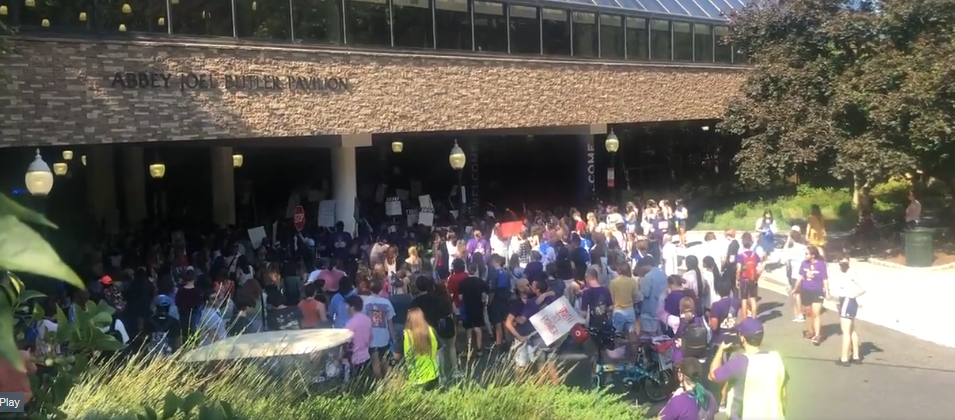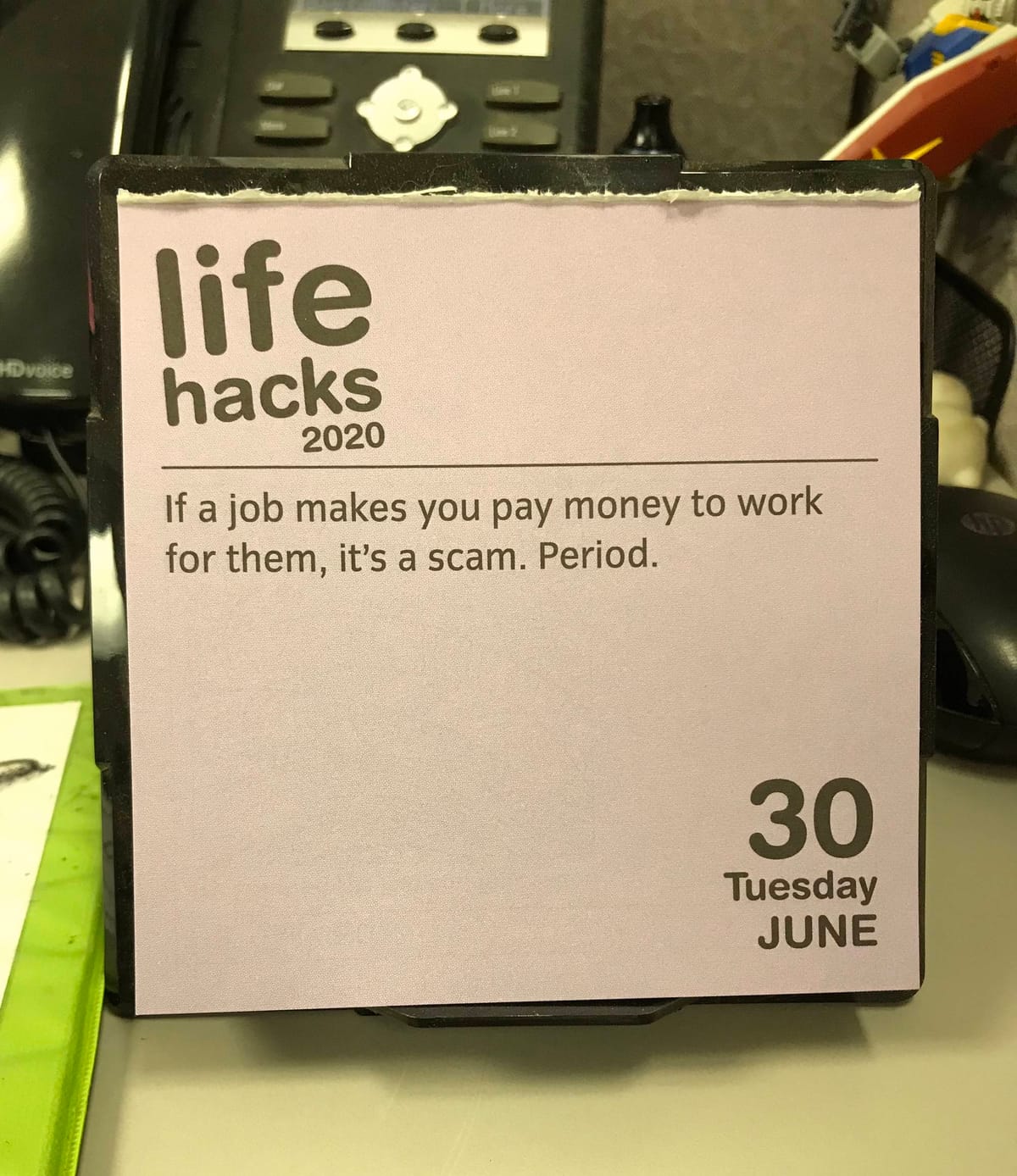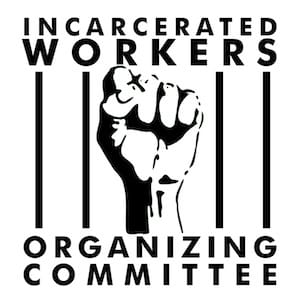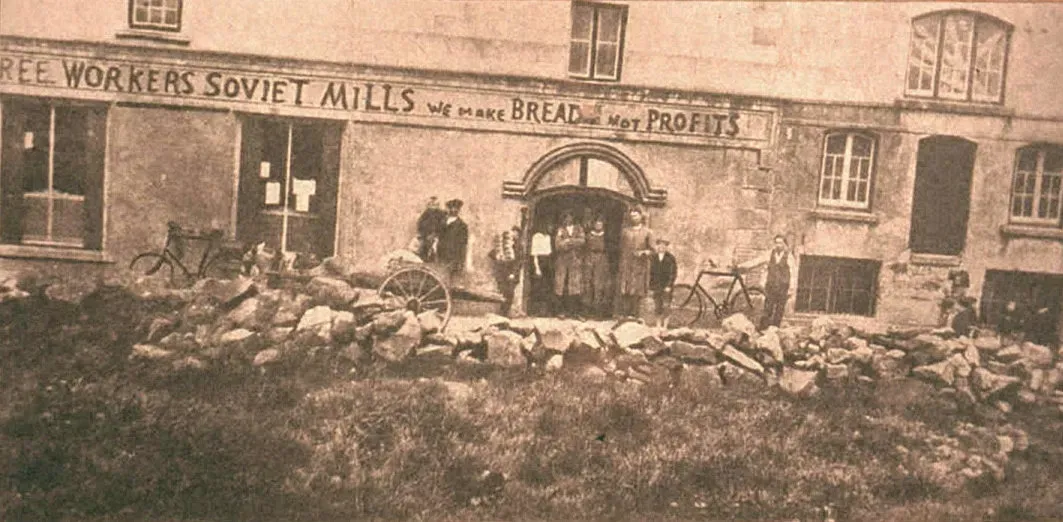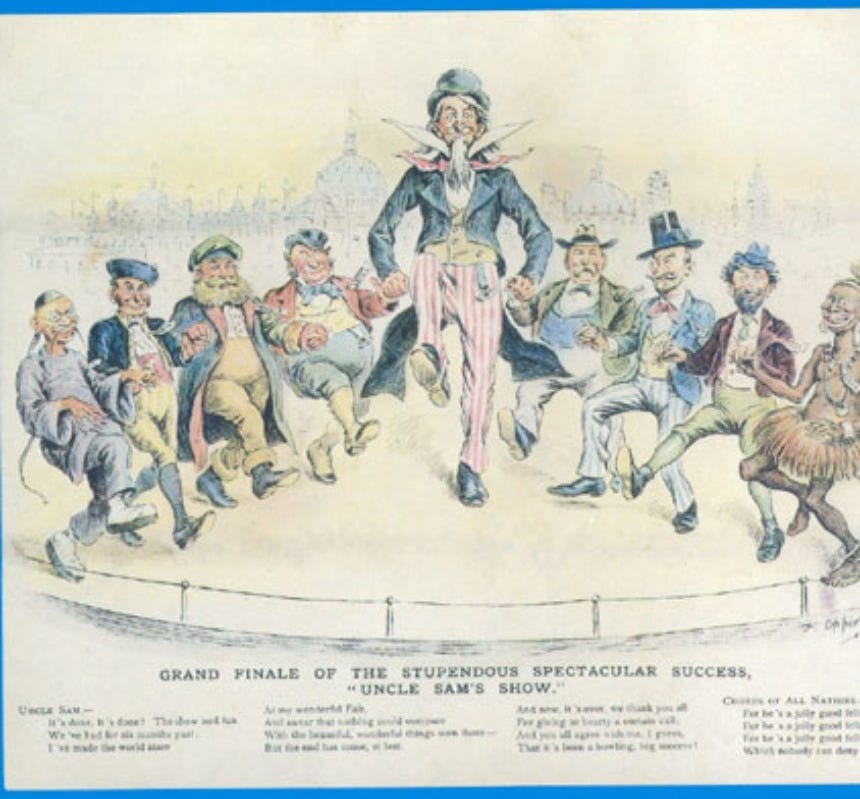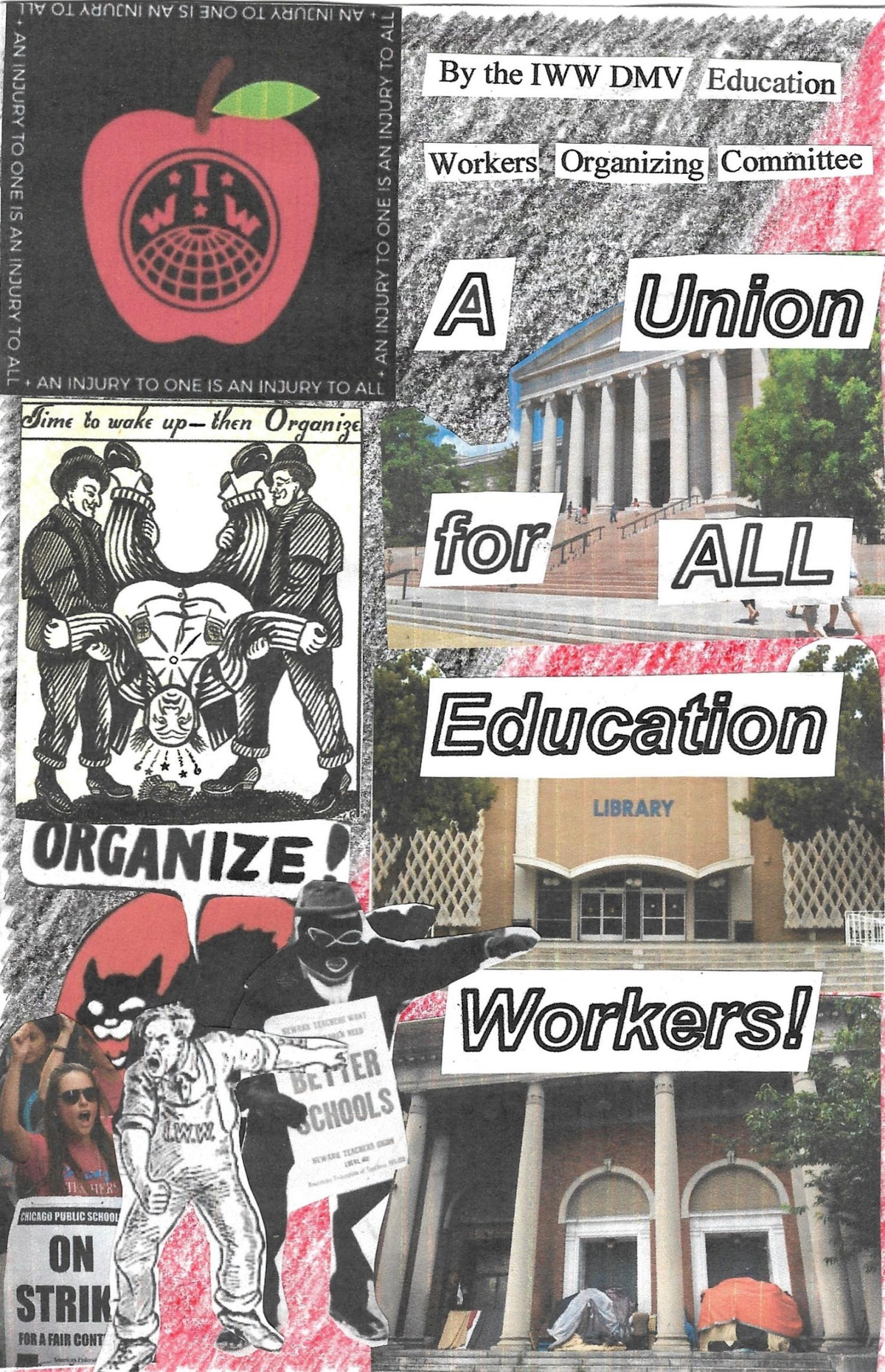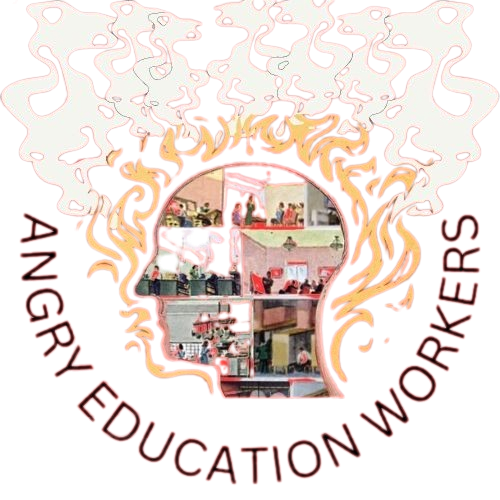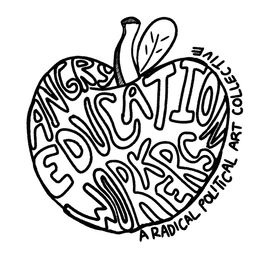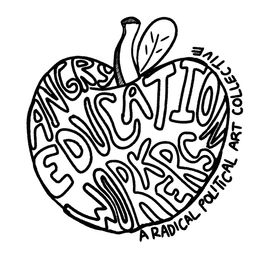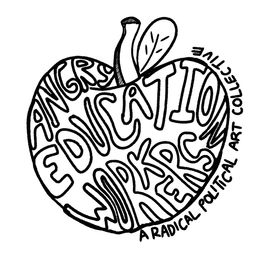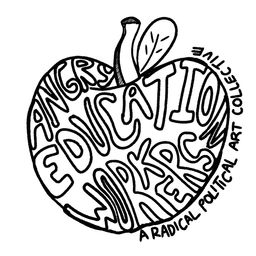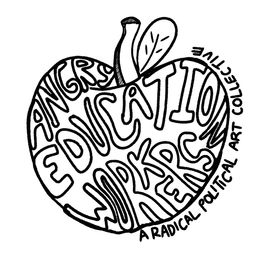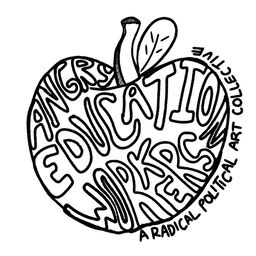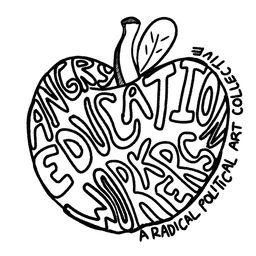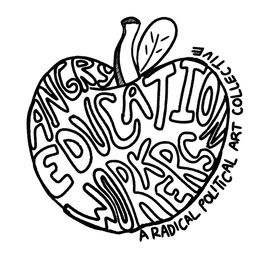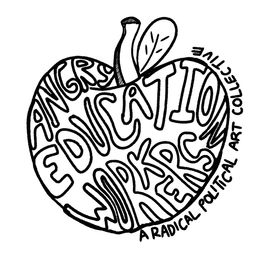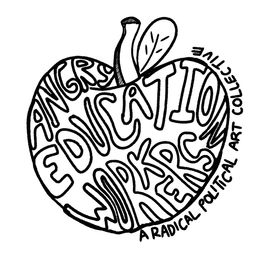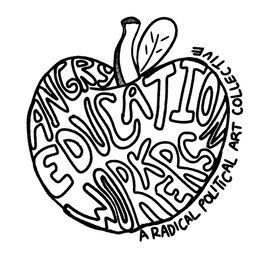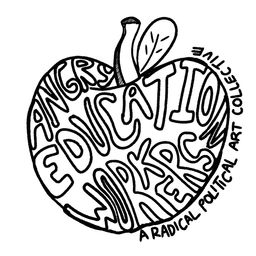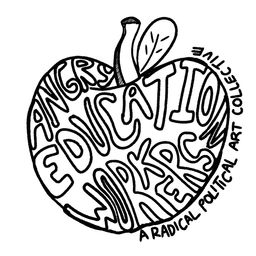A Roundup of our Key Texts
We've gathered some of our most well-received writings in one place for our new subscribers.

Welcome to our new subscribers! We’re a small, diffusely organized collective of workers in educational institutions such as schools, libraries, museums, daycares, and archives. Politically, most of us are libertarian socialist—a category that includes anti-authoritarian currents like anarchism, autonomism, council communism, and democratic confederalism. Basically, we want ordinary workers to govern social production and reproduction democratically, without bosses, capitalists, or bureaucrats. However, we consider ourselves non-sectarian and seek collaboration with all working people who want positive social change.

Nearly all of us are involved in workplace organizing in some way, often in tandem with revolutionary union formations like the Industrial Workers of the World (IWW). Right now, we’ve turned our focus to creating a series of workers’ inquiries on the education industry in the Washington, D.C. region, where some of us live, work, and organize. Our friends at Notes from Below have the best definition of workers’ inquiry that we’ve seen:
Workers’ inquiry is an approach that combines knowledge production with organising. It attempts to create useful knowledge about work, exploitation, class relations, and capitalism from the perspective of workers themselves. There are two forms of workers’ inquiry. The first is inquiry ‘from above’, involving the use of traditional research methods to gain access to the workplace. The second is inquiry ‘from below’, a method that involves ‘co-research’, in which workers themselves are involved in leading the production of knowledge. If the conditions exist, the inquiry ‘from below’ is clearly favourable. The knowledge that is produced from either of these forms of inquiry is useful for understanding capitalism, but also for organising against it.
You can expect inquiries on workplaces like the Smithsonian, DC Public Libraries, the DC charter school sector, preschools, archives, and more. But these inquiries tend to take a siginificant amount of time and energy to produce, and all of us are full time workers in a highly exploitative industry, so please be patient with us!
In the meantime, check out some of our key texts. These are essays that lay out many of our key frameworks for understanding education under capitalism, as well as our strategies for organizing for an emancipated education system under workers’ control. We also strongly recommend checking out the works of the AngryWorkers Collective, which directly inspired the formation of our own collective.
Finally, if you want to engage with us on other platforms, check out our linktree.

